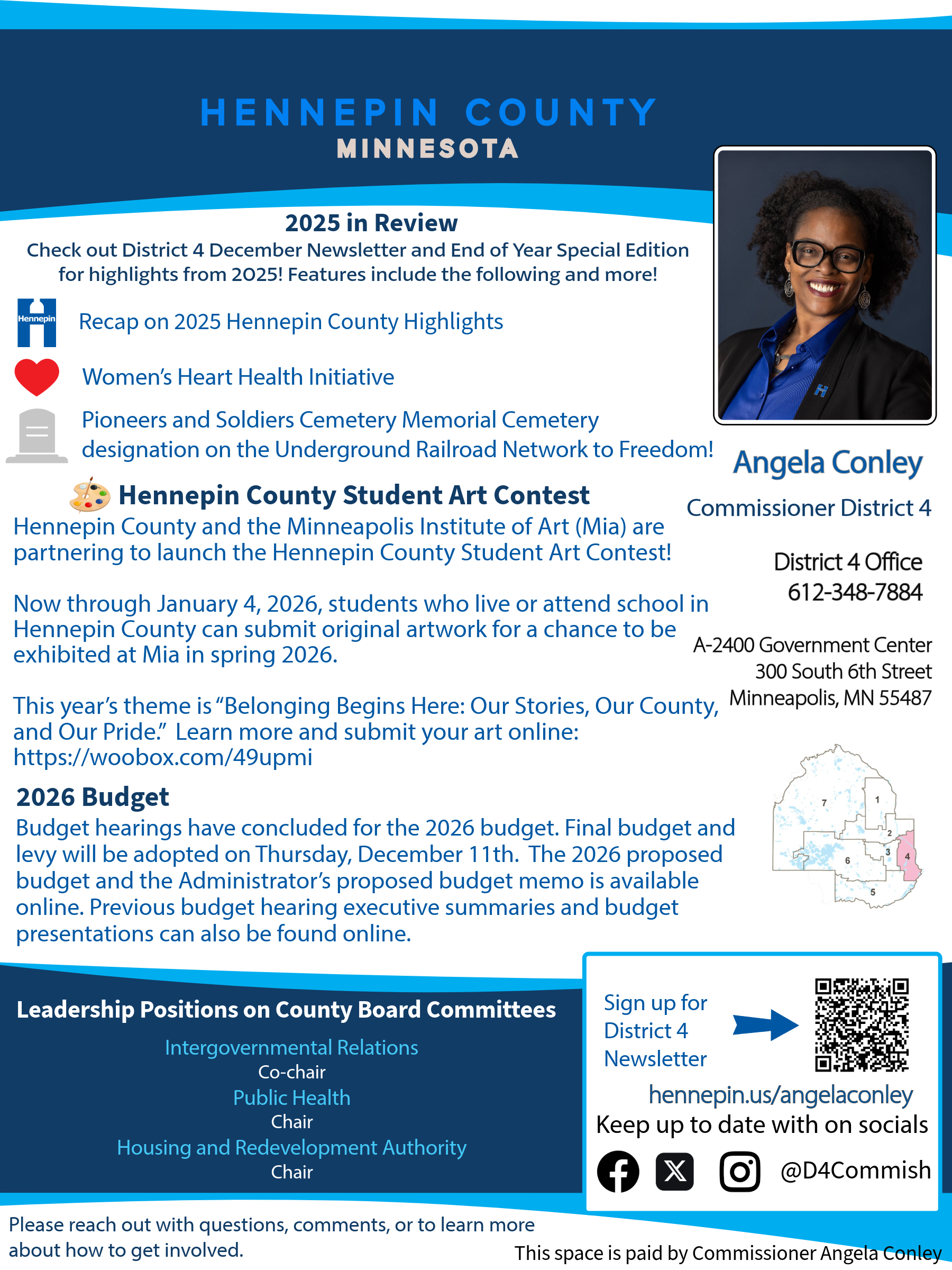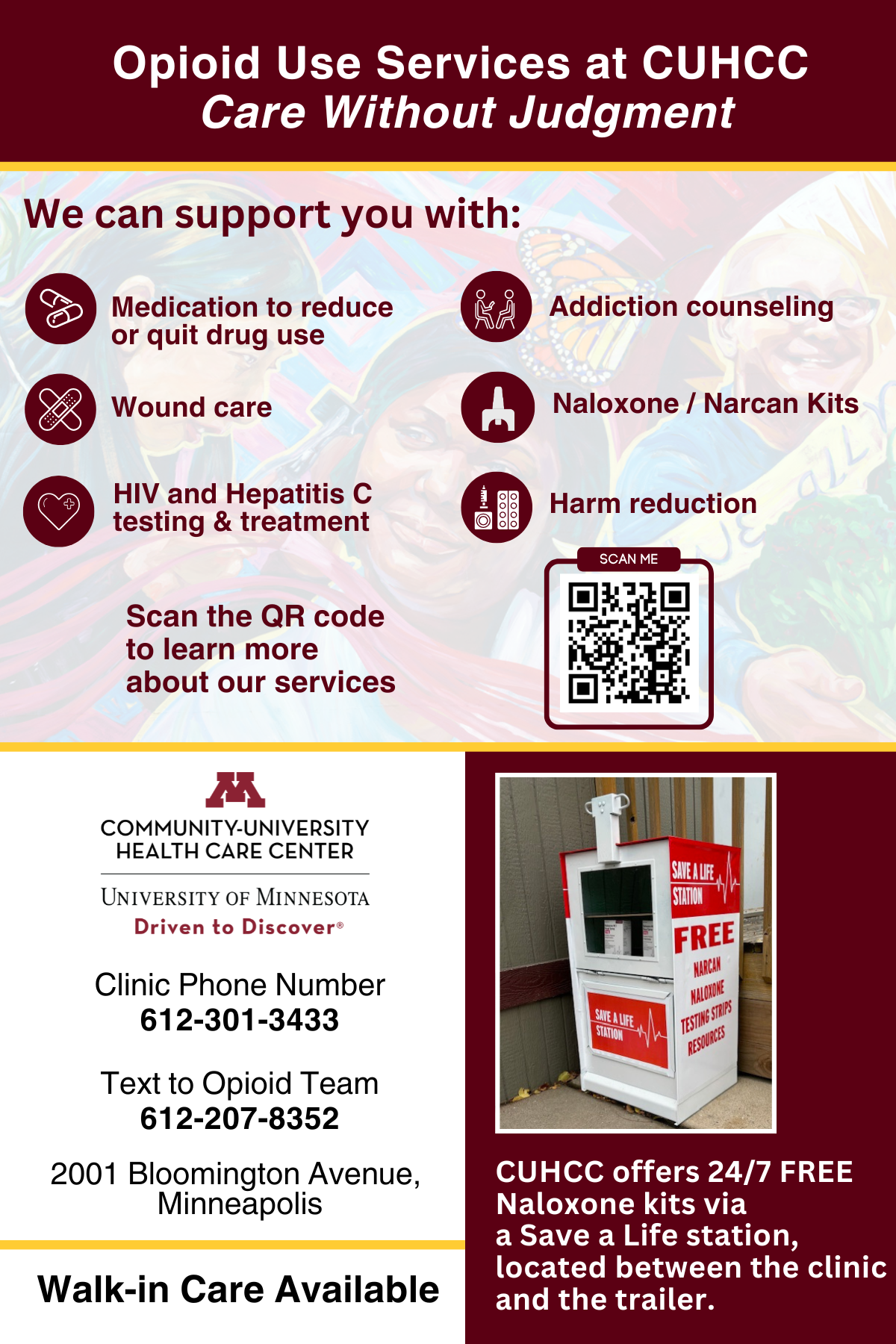Peace House Community Journal

By Marti Maltby
A friend of mine who struggles with addiction recently told me about a hiking trip he took with a group of acquaintances. He didn’t know anyone in the group very well, but he knew them well enough to talk with them throughout the day, and he enjoyed his time with them. I was surprised when he told me that later on he had suffered a severe bout of depression because of the hike.
“I feel like I lied to them. I tricked them,” he explained. It turned out that as part of his recovery from addiction, he tries to be completely honest with others, not living a double life as he did when he was actively using drugs. Understandably, he hadn’t used the hike as an opportunity to tell the group about his addiction, and he was worried that they thought he was “normal.” He felt like he had pretended not to have any problems, when from his perspective he was an addict who was totally messed up, despite the time he had been able to spend away from drugs.
I admire my friend’s commitment to his recovery, and to being honest, but I didn’t think he did anything wrong by not revealing the worst parts of his life to the group. When I asked him what was so bad about not telling them about his addictions, he replied that everyone in the group was normal, and that they had accepted him as being the same as them. I needed a minute or two to organize my thoughts before I could give him a reasonably coherent answer, because my mind was going in two separate directions.
My first thought was that he wasn’t under any obligation to tell others about his personal struggles. His struggles are his, and he can tell others if he wants to, but he shouldn’t feel compelled to tell everyone he knows about everything in his past.
My second thought was that he was probably wrong about everyone in the group being normal. Or, maybe more accurately, that it’s normal to have problems you hide from others. I’ve met many people who appear to have great lives, but in most cases, if I’ve gotten to know them well, I’ve found that their lives are just as messed up as anyone else’s. The truth doesn’t come out right away though. It takes time to build the trusting relationships that make people comfortable enough to share the worst parts of themselves. The ways that their lives are messed up varies tremendously, but the fact that they are messed up remains. A friend of mine who has won awards for her work told me that only a few months earlier she had been on the verge of checking herself into the hospital to avoid a mental breakdown. Another friend was trying to come to terms with the deaths of two family members in rapid succession. One person I know was so worn down by her work schedule that she became verbally and emotionally abusive to her husband of 15 years.
I know many of us want to be “normal,” without realizing that we already are normal. We’re messed up, just like most of the people around us. The key, I think, is to find the people we can talk to about our problems, then sharing ourselves openly and honestly with them.









